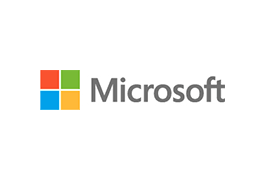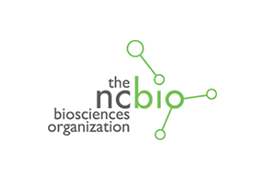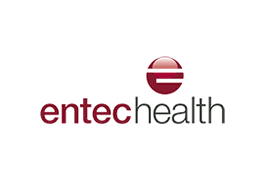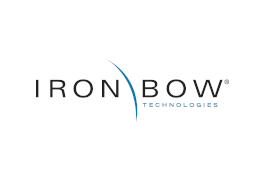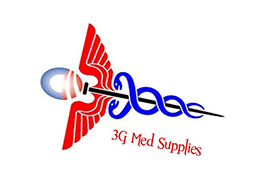20 May, 2020
Blinding is used in Clinical Trials to remove any bias that can be caused intentionally or unintentionally if participants or the research team are aware of who is receiving an active or placebo treatment. For example, in a blinded trial that has a group of subjects receiving the treatment being tested and a group of subjects receiving a placebo treatment, the participants would not know if they were receiving the treatment or the placebo. A blind trial is the opposite of an open, open-label, or un-blinded trial where all parties are aware of the treatment the participant receives.
For example, in a blinded trial that has a group of subjects receiving the treatment being tested and a group of subjects receiving a placebo treatment, the participants would not know if they were receiving the treatment or the placebo. A blind trial is the opposite of an open, open-label, or un-blinded trial where all parties are aware of the treatment the participant receives.
All of the different parties involved in a clinical trial are possible sources of bias and can be blinded to ensure trial objectivity, including:
- The patient being treated
- The clinical staff administering the treatment
- The physician assessing the treatment
- The team interpreting the results
The different types of study blinding, include:
- Single-blind or single-masked studies are where the participants are unaware of which treatment group they are in, but the research team knows.
- Double-blind or double-masked studies where both the research team and participants do not know which participant is assigned to which treatment group.
- Triple-blind or triple-masked studies extend the blinding to the data analysts, so the participant, clinicians/data collectors, and outcome adjudicators/data analysts are all unaware of the treatment the participant has received.
Why should Sponsors and CROs undertake data blinding in clinical trials?
Data blinding enables Sponsors/CROs to use third-party assessors to get an independent, non-biased review of their data. Regulatory authorities, like the FDA in the US, have always paid close attention to the integrity of data collected in clinical trials; however, now more than ever before, regulatory authorities are requiring Sponsors/CROs to have undertaken independent reviews of their data before they present their findings.
Data blinding is particularly useful when you have multiple clinicians collecting data and/or multiple sites gathering data because of the increased number of variables that could cause biases in the data.
The data blinding process can occur either at the end of a study or during it. Undertaking data blinding during a trial enables Sponsors/CROs to identify any potential biases in their data gathering processes, which can then be rectified early on, saving considerable time and money, and enabling the trial to meet its endpoints.
What data blinding services does ARANZ Medical provide?
Our experienced team of data specialists are able to provide any level of blinded data services for our clinical research customers. Customers can choose to fully de-identify their data including site, investigator, subject ID, visit number, anatomical site, wound tracing, assessment time, measurements collected, and the order the images were taken in. Alternatively, any combination of these data points can be blinded for a partially blinded assessment.
How does the process work?
Once a wound or skin assessment is completed at a site, the images are assigned a computer-generated unique identifier and are blinded to remove all the requested information. The data for blinded assessments is extracted from the Silhouette database and assessed either periodically throughout a study or at the end of the study by independent expert assessors who are trained in the use of Silhouette.
The independent assessors undertake their own image tracings and assessments of the wound and skin images using Silhouette. Then our data experts reconcile the independent assessor’s data against the original site’s measurements and report on the findings. If the measurements correlate (within an acceptable deviation defined by the customer), then no further action is required. If the measurements don’t correlate within the specified deviation, then the images are reported and can be made available to another independent assessor for adjudication if necessary.
Customers using SilhouetteLite or SilhouetteLite+ are also able to have the dataset blinded and provided to independent assessors in the same way.
Will blinding the data in your study give you better outcomes?
Undertaking independent blinded data reviews will reduce the risks of introducing unnecessary errors in your data (due to procedures, tracing consistency, etc.) and potentially undermining your endpoints. With more than 15 years’ experience using Silhouette for data management in clinical trials, our data experts are able to provide you with the support required to deliver unbiased data and ensure optimal study outcomes.
Silhouette is a secure system, compliant with HIPAA and GDPR regulations that more than 160 different clinical trials worldwide have utilized to measure, document and analyze their study data. Click here for more information about some of these studies.
The ARANZ Medical team is available 24/7 to help you ensure you get the best outcomes from your clinical trial, if you have any questions about our data blinding service, please contact us.
Doc Number: 2020-00078

